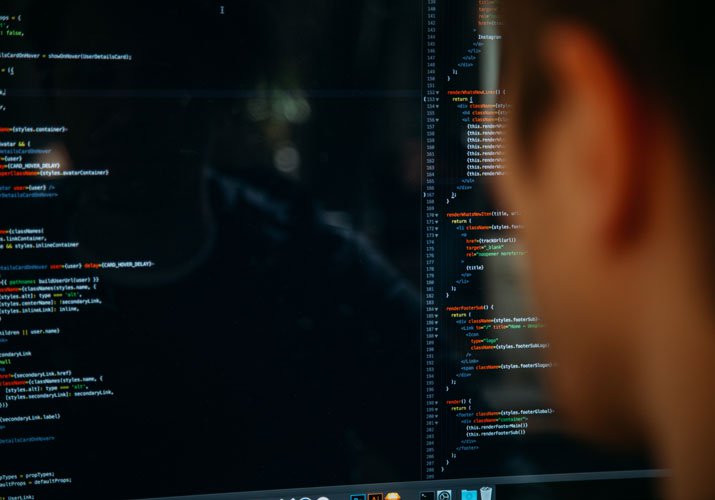The COVID-19 pandemic has induced heavy bouts of panic-buying at grocery stores and big-box retailers nationwide, with no immediate signs of slowing down. Already, many national chains, including Walmart and Kroger, have announced reduced hours to restock shelves, deep clean and sanitize the stores, and give exhausted employees a break.
So how can retail operations and facilities executives get help for their workers and optimize cleaning efficiency, both now and over the long haul? One answer lies in the use of robotic floor scrubbers, which have already been deployed at thousands of grocery and retail sites nationwide.
Robotic floor scrubbers, which require no custom infrastructure setup or specialized training, augment human activity in a number of critical ways, especially during high-traffic periods. The scrubbers are manufactured by leading original equipment manufacturers, and powered by Brain Corp’s cloud-connected AI software platform (BrainOS), which enables them to operate safely alongside their human counterparts.
Here are five ways that autonomous robots can play a critical role for retailers during a crisis, and beyond:
1. Improved cleaning efficacy
Robotic floor care machines are nothing if not consistent, retracing the exact routes they are trained on by custodial staff. They are never distracted or in a rush, and they are more thorough, deliberate, and efficient than human operators. With a full suite of safety-focused sensors, these AI-enabled robotic scrubbers autonomously navigate around staff, shoppers and other obstacles. This enables retailers to enhance cleaning efficacy at a time when cleaning has never been more important.
2. Verifiable cleaning
One advantage of autonomous floor care machines is their ability to pipe operational data into the cloud. Those insights can then be accessed and distributed via customized dashboards and email reporting. This enables retail executives to get detailed, graphical reporting, including hours of operation, square footage cleaned, specific routes taken, heat maps, and much more. This best-in-class reporting and ability to easily verify cleaning routes are an immediate best practice.
3. Enhanced productivity
Robotic scrubbers can be programmed to perform a single route, or multiple consecutive routes covering different parts of the store. This autonomous cleaning coverage enables custodial staff to free up several hours per day at each location. This additional time can then be spent on deep cleaning, sanitization, shelf restocking, and other key assignments as needed.
4. Helping with labor shortages
The demand on retail workers is intense right now. Because Brain Corp-enabled commercial cleaning robots are easy to operate, the units can help relieve exhausted workers -- and keep them fresher for the long haul -- while also filling in for workers who cannot work because of illness.
5. Beyond cleaning
While floor care is the most popular type of autonomous machine within retail, applications for inventory delivery and shelf-analytics are gaining steam and can prove equally effective during a crisis like this. Autonomous delivery robots offload the labor-intensive task of hauling heavy carts back and forth all day, while shelf-scanners automate the process of finding out what’s missing, out of place, or out of compliance.
To say these are challenging times is an understatement. The extent or length of the COVID-19 outbreak is unknown. However, it is clear the next several months will have heightened focus on cleanliness and hygiene across all industries. Autonomous mobile robots can help those businesses on the front lines of the crisis with improved cleaning efficacy, while filling in the gaps for overworked store employees.
Brain Corp is deeply committed to supporting end-users during this crisis through world-class technology, strong OEM partnerships, and state-of-the-art best practices.


Let Us Know What You Thought about this Post.
Put your Comment Below.